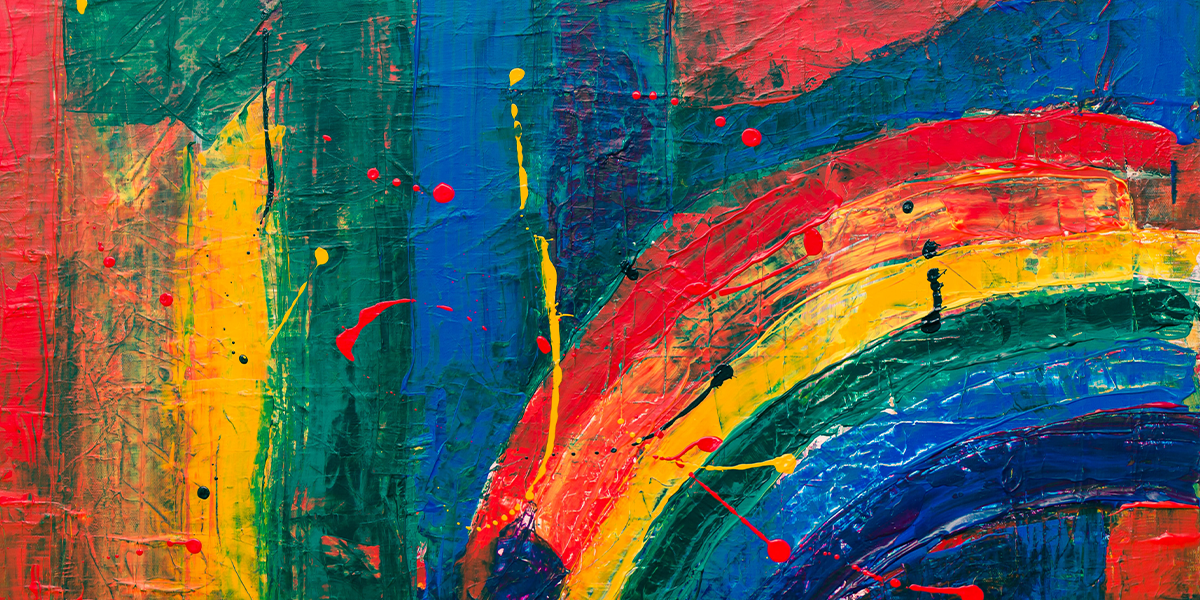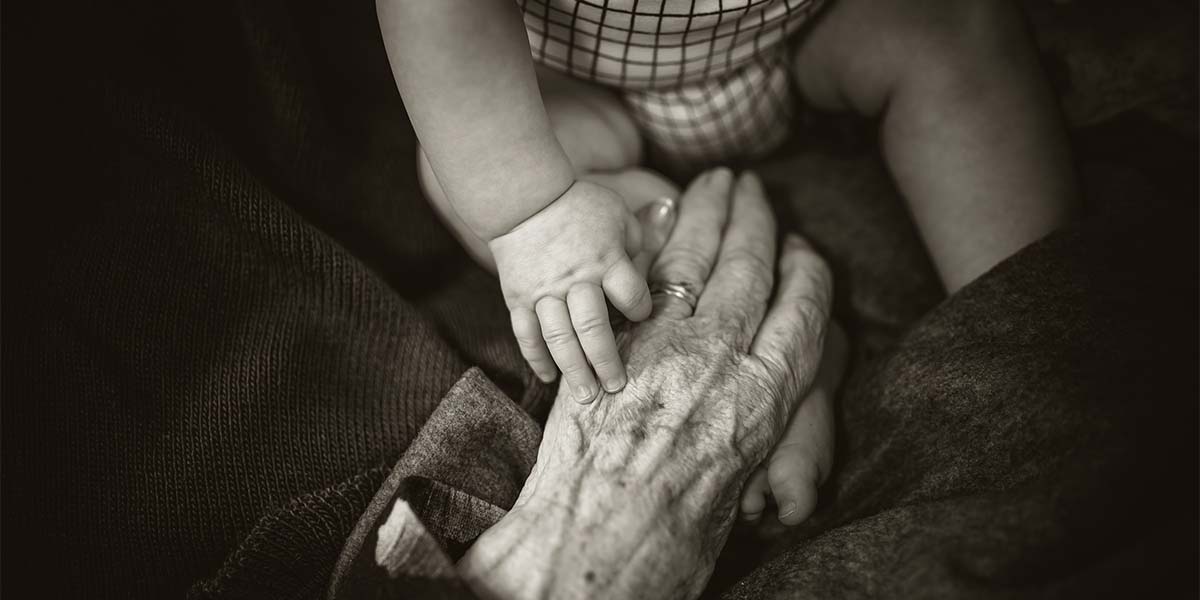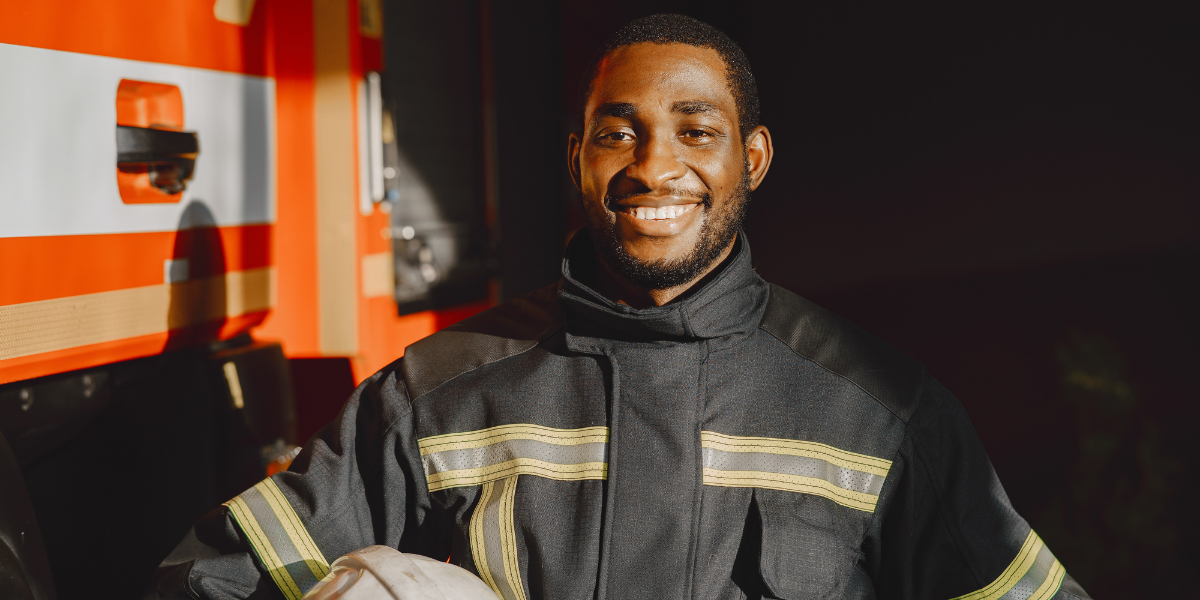
Why Family Systems Can Create Trauma for Queer Individuals (and What to Do)
Healthy family systems cope with stress by communally growing connection and affection in the family, promoting both individual and family unit development, and maintaining family independence and a sense of control over environmental influences.
Would you rather listen? Press play above. Ready to read? Scroll on.
In contrast, unhealthy family systems maintain stress through prolonged tension in the family, emotional impairment of one or more individuals, a decline in the well-being of both individuals and family unit, and regressive family independence, integrity, and autonomy.
Generational values around class, race, gender, sexuality, religious values, and social norms give individuals a template for belonging in the family. LGBTQIA+ (Queer) family members can experience traumatic stress within the family by violating significant, and often multiple, family system values. This creates a painful and isolating experience within the family, referred to as the “Outcast role.” Consider the child who bucks the generational trend of attending Texas A&M, in favor of burnt orange in Austin. Now multiply that by 1000.
By existing and self-actualizing, Queer individuals unwittingly create stress within the family system if the system cannot adapt. When a family decides to exclude a member, it magnifies the stress on the whole group. The missing person is not so easily replaced, the system is not easily healed, and the burned individual feels the significant loss of family support. A silver lining then, perhaps bittersweet, for those who no longer have that support, that the feelings of loss might be reciprocated.
Loss = Trauma
Trauma is the brain and body’s response to chronic and overwhelming stress. Our ability to manage and recover from stress is significantly impacted by our major support systems like family. So, when the fmily system itself is traumatic, it can create a relative “perfect storm” where traumatic stress is both created and reinforced!
For queer family members, this traumatic stress can center around a foundational element of their identities, making healthy relationships with family members, and the system itself, difficult at best and impossible at worst.
Inherited Trauma – “Family Baggage”
Without purposeful observation and correction, the emotional inner workings of a family system are handed down unchecked through generations. Our individual emotional conditioning is shaped by our immediate family of origin, whose emotional conditioning was shaped by their family of origin. This includes traumatic stress and pain that remains unresolved within the individual and system.
Often manifesting as overreactions or overcorrections to the inherited system, a queer person might experience a parent’s fear of homophobic bullying, frequently witnessed in previous generations, as controlling and repressive.
Even when the system trauma is unrelated to an individual’s gender or sexual identity, queer family members can experience trauma and abuse when the system is overly rigid, and cannot adapt to accommodate new concepts and identities. For example, a systemic fear of change reinforced through several generations, unable to expand to view all members as equal and valuable, can create traumatic stress for the “symptomatic” person.
Outcast role – “Problem Child”
What to do???
For the Queer person finding themselves ostracized from family support, the first thing to know and understand is that, truly, the fear and discrimination are not their faults. How family systems respond to queerness and changing identities are the result of generational values and trauma, and the responsibility of individuals within the system to create a welcoming environment for all. We are each the product of our environment and have complex relationships within family systems and ourselves. That being said, we cannot singlehandedly change our family systems.
Through trauma processing, building a “Chosen” family, and working through the grief of lost connection and attachment, there is room to grow and flourish apart from harmful experiences with family. As in so many areas of Queer life, the privilege of inheritance is often denied or corrupted by bigotry and trauma. Yet the love and acceptance we deserve are real and possible, and the task of healing and blooming falls to us as individuals.
If you want to heal old wounds, create new boundaries, and move beyond a system too small to accept you, let Lifeologie help. Find one of our LGBTQ+ friendly therapists near you!.

About Lifeologie
Lifeologie Counseling was founded in 2000 with one goal in mind — to bring a fresh, innovative approach to the everyday problems of life. Creative solutions to stuck problems®. With our unique multi-specialty, collaborative approach, Lifeologie Counseling helps individuals and families heal their wounds and break out of old, unhealthy patterns.




